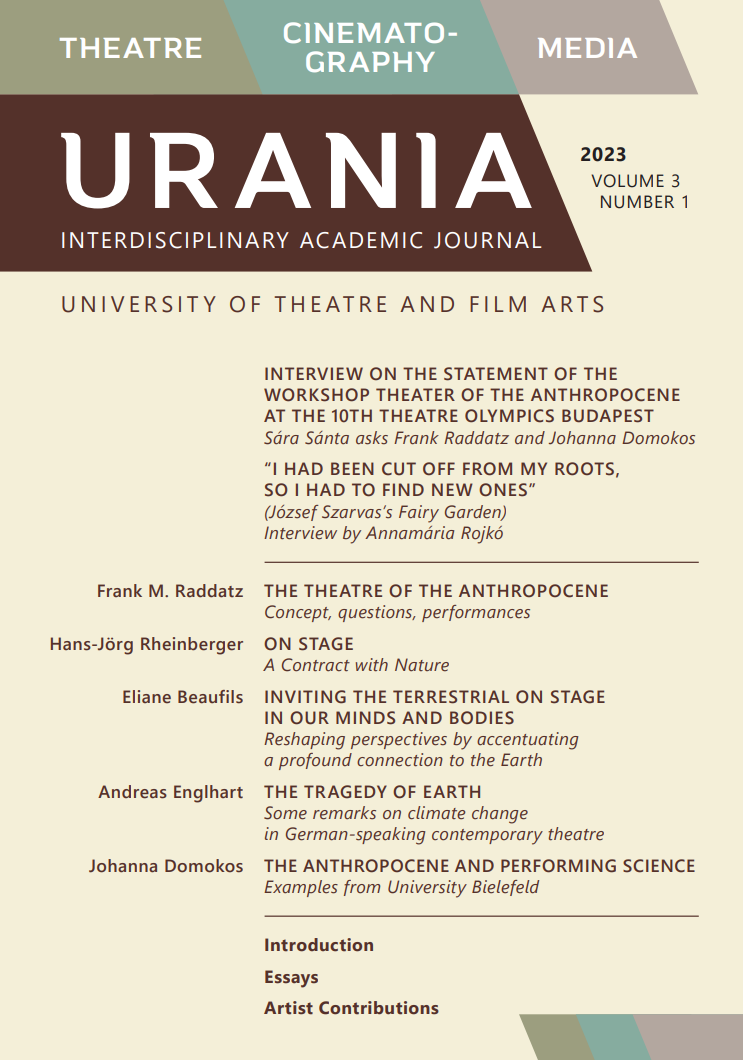Background, History and Practical Implementation of the Art of Beekeeping
Abstract
After all, the relationship between bees and humans is more ancient and deeper than you might think. Is it possible that the development of human civilisation is partly due to bees? What is certain is that the bee, like the dog, was linked to man very early in history, and their cooperation was sometimes wonderful, sometimes disastrous, at least as far as bees were concerned. When man saw bees as partners, our relationship was always prosperous; when man robbed and destroyed them, it was disastrous. This must be a very important lesson for the 21st century. If the bees and the knowledge and care of them die out, then the whole of humanity is doomed, because these bees are responsible for at least two thirds of the pollination of flowers, so if there are no bees, there is no pollination, no harvest. Without bees, humanity will starve first and then die out.
References
Crane, Eva. 2013. The World History of Beekeeping and Honey hunting. New York: Routledge.
Hamvas Béla. 2020. Unicornis – Summa philosophiae normalis. Szentedre: Medio Kiadó.
Hamvas Béla. 1988. Az öt géniusz/A bor filozófiája. Szombathely: Életünk könyvek. Kenéz László. 2008. „A méhes hűlt helye.” Viewed on 08 July 2023. https://kulturpart.hu/2008/08/10/a_mehes_hult_helye
Kristky, Gene. 2015. The tears of Re. Beekeeping in Ancient Egypt. New York: Oxford University Press.
Lajoux, Jean-Domonique. 1962. Marveilles Du Tassili N’Ajjer. Paris: Editions du Chene.
Márai Sándor. 2006. Füves könyv. Budapest: Helikon Kiadó.
McKenna, Terence. 1993. Food of the Gods: The Search for the Original Tree of Knowledge. New York: Bantam Books.
Németh László. (1940) 2014. A minőség forradalma – Kisebbségben (Politikai és irodalmi tanulmányok, beszédek, vitairatok). Viewed on 08 July 2023. https://reader.dia.hu/document/Nemeth_Laszlo-A_minoseg_forradalma_Kisebbsegben-10998
Smidéliusz Kálmán. 2011. „Berzsenyi Dániel otthonai.” Irodalomismeret 2011/3: 81–86.




